New Book Tuesday! What Would Nature Do?, Aging Behind Prison Walls, Critique on the Couch and More!
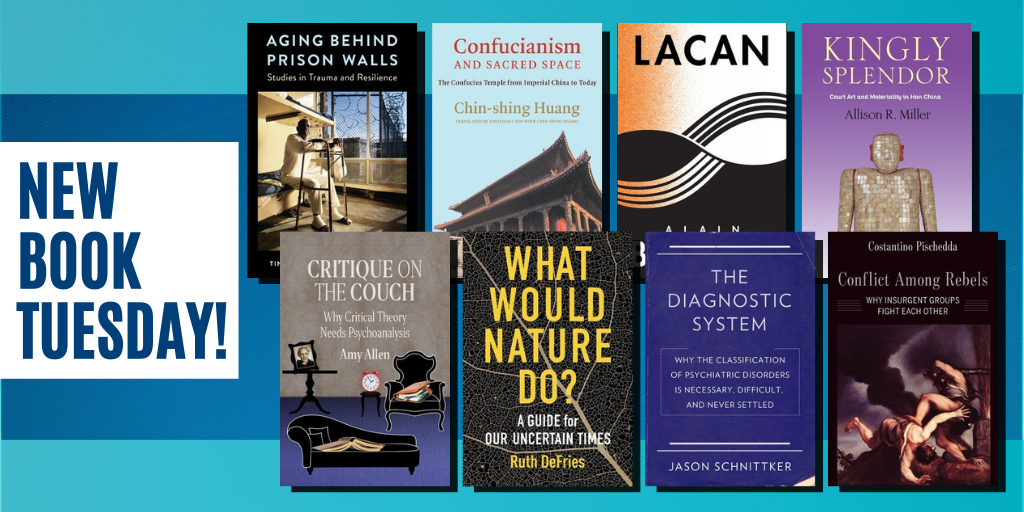
Our weekly list of new books is now available!
What Would Nature Do?
A Guide for Our Uncertain Times
Ruth DeFries
Ruth DeFries argues that a surprising set of time-tested strategies from the natural world can help humanity weather these crises. Through trial and error over the eons, life has evolved astonishing and counterintuitive tricks in order to survive. DeFries details how a handful of fundamental strategies—investments in diversity, redundancy over efficiency, self-correcting feedbacks, and decisions based on bottom-up knowledge—enable life to persist through unpredictable, sudden shocks.
Aging Behind Prison Walls
Studies in Trauma and Resilience
Tina Maschi and Keith Morgen
In Aging Behind Prison Walls, Tina Maschi and Keith Morgen offer a data-driven and compassionate analysis of the lives of incarcerated older people. They explore the transferable resiliencies and coping strategies used by incarcerated aging adults to make meaning of their lives before, during, and after imprisonment.
From the New Directions in Critical Theory series
Critique on the Couch
Why Critical Theory Needs Psychoanalysis
Amy Allen
Countering the overly rationalist and progressivist interpretations of psychoanalysis put forward by contemporary critical theorists such as Jürgen Habermas and Axel Honneth, Amy Allen argues that the work of Melanie Klein offers an underutilized resource. She draws on Freud, Klein, and Lacan to develop a more realistic strand of psychoanalytic thinking that centers on notions of loss, negativity, ambivalence, and mourning.
Conflict Among Rebels
Why Insurgent Groups Fight Each Other
Costantino Pischedda
Examining the dynamics of civil wars in Iraq, Ethiopia, Lebanon, Sri Lanka, and Syria, Pischedda argues that infighting is a calculated response by rebel groups to perceived opportunities and vulnerabilities. Conflicts break out between groups when one sees the potential to eliminate weaker rivals at a low cost or fears the deterioration of its power relative to a competitor and embarks on a desperate gamble.
Lacan
Anti-Philosophy 3
Alain Badiou. Translated by Kenneth Reinhard and Susan Spitzer. Introduction by Kenneth Reinhard
Alain Badiou is arguably the most significant philosopher in Europe today. Badiou’s seminars, given annually on major conceptual and historical topics, constitute an enormously important part of his work. They served as laboratories for his thought and public illuminations of his complex ideas yet remain little known. This book, the transcript of Badiou’s year-long seminar on the psychoanalytic theory of Jacques Lacan, is the first volume of his seminars to be published in English, opening up a new and vital aspect of his thinking.
From the Tang Center Series in Early China
Kingly Splendor
Court Art and Materiality in Han China
Allison R. Miller
Allison R. Miller paints a new picture of elite art production by revealing the contributions of the kings to Western Han artistic culture. She demonstrates that the kings were not mere imitators of the imperial court but rather innovators, employing local materials and workshops and experimenting with new techniques to challenge the artistic hegemony of the imperial house.
Confucianism and Sacred Space
The Confucius Temple from Imperial China to Today
Chin-shing Huang. Translated by Jonathan Chin with Chin-shing Huang
This book brings together studies from Chin-shing Huang’s decades-long research into Confucius temples that individually and collectively consider Confucianism as religion. Huang uses the Confucius temple to explore Confucianism both as one of China’s “three religions” (with Buddhism and Daoism) and as a cultural phenomenon, from the early imperial era through the present day.
New In Paper!
The Diagnostic System
Why the Classification of Psychiatric Disorders Is Necessary, Difficult, and Never Settled
Jason Schnittker
In The Diagnostic System, the sociologist Jason Schnittker looks at the multiple actors involved in crafting the DSM and the many interests that the manual hopes to serve. Is the DSM the best tool for defining mental illness? Can we insure against a misleading approach?
Categories:New Book Tuesday
Tags:Aging Behind Prison WallsAlain BadiouAllison R. MillerAmy AllenChin-shing HuangConflict Among RebelsConfucianism and Sacred SpaceCostantino PischeddaCritique on the CouchJason SchnittkerKeith MorgenKingly SplendorLacanRuth DeFriesThe Diagnostic SystemTina MaschiWhat Would Nature Do?
Related Posts
2 Responses
Leave a Reply Cancel reply
You must be logged in to post a comment.

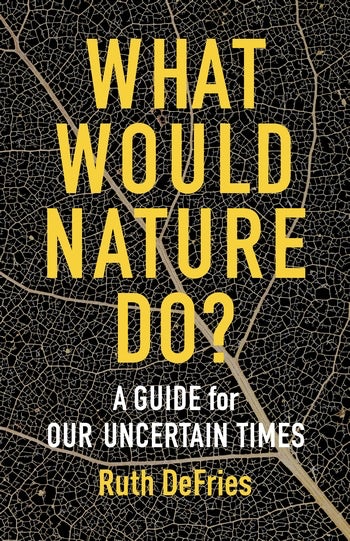
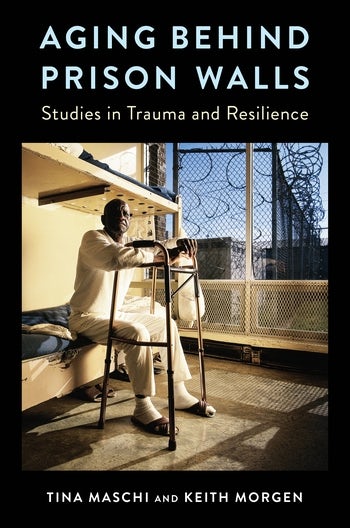

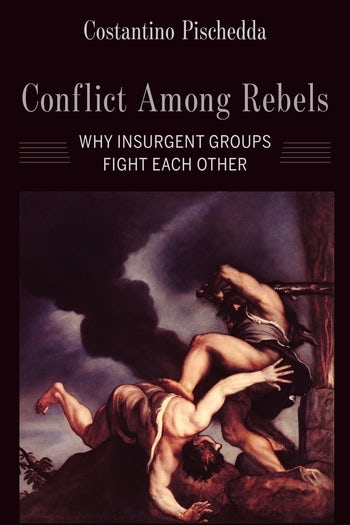


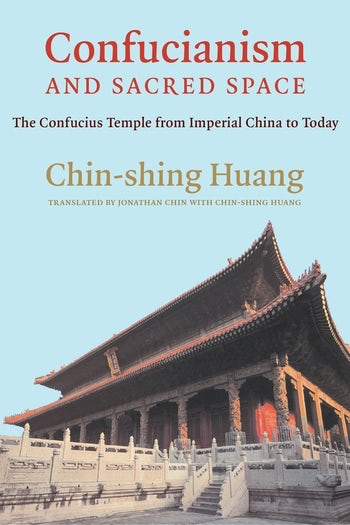


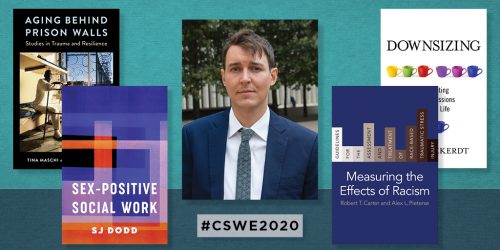


About the book on Confucianism, does it have photos and illustrations?
Can you be more specific about which book you are asking about?